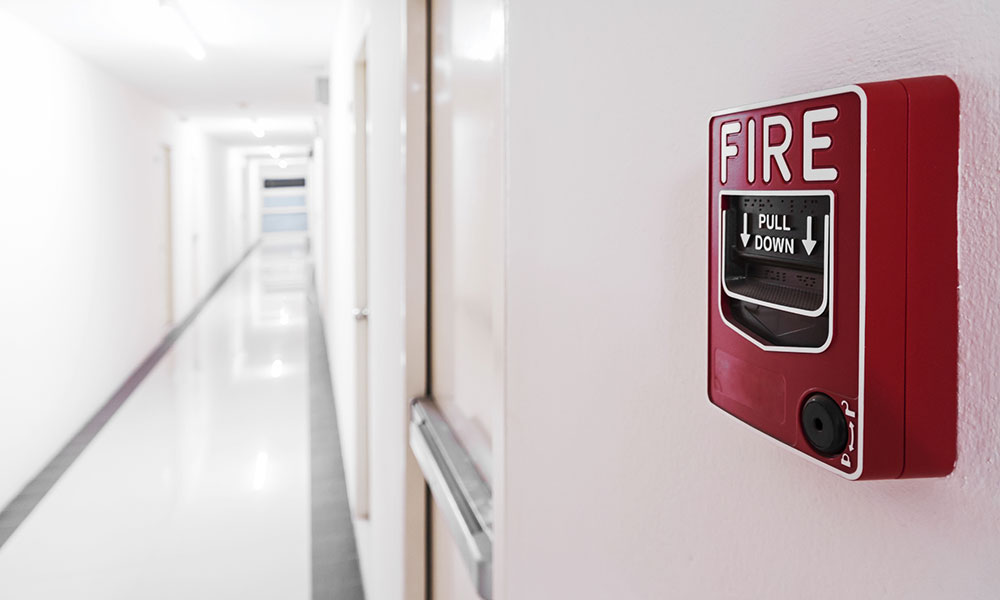
Preparation, Communication Prevent Poli-Sci Conference From Going Up in Flames
A series of early-morning fires at the Washington Marriott Wardman Park hotel threatened to burn the American Political Science Association as it held its annual meeting last weekend. Solid preparation and a communications plan helped keep the event going.
If there’s one thing that keeps an association meeting planner up at night (and surely there are more than one) it may be the thought that an unexpected incident could put an entire event in jeopardy.
That’s the situation the American Political Science Association faced last weekend when a series of suspicious fires broke out in the middle of the night at the Washington Marriott Wardman Park hotel in Washington, DC—one of three venues where the meeting was being held. The incident came just two years after APSA was forced to cancel its New Orleans meeting because of a hurricane.
At around 1 a.m. on Saturday morning, fire alarms in the building began blaring, and guests navigated smoke-filled corridors on their way to the exits. Among them were some 1,800 APSA attendees—about a third of the meeting’s total—and a handful of staff and vendors.
“Once all of the staff got together, we all started talking about how we get the word out about what was going on,” said Liane Piñero-Kluge, senior director of membership and marketing operations for APSA. “Mind you, we were all roused out of sleep, so all we were had a few cellphones and no chargers among any of us.”
Piñero-Kluge and Heidi Souerwine, APSA’s director of meetings and events, noticed that attendees staying at the Marriott began to hop on social media to share information and “make some lighthearted, 1 a.m. jokes,” said Souerwine. (The fires sparked the creation of the #ASPAOnFire hashtag.) They decided to meet them there to keep everyone updated.
We are outside with you at Marriott. Will post as we know more.
— APSA (@APSAtweets) August 30, 2014
“We did updates as soon as fire and DC police authorities let us know any new information,” said Piñero-Kluge. “And then we started working with the hotel to make sure that people were not blocking the entrances, that the crowds were doing what was asked of them, and that the police and fire department personnel could easily get to where they needed to conduct their investigation.”
Eventually APSA staff were able to retrieve a few computers and set up two communications centers. From there, they emailed updates and stayed active on social media throughout the night. Staff were also stationed at the other hotels to inform members who were unaware of the fires about logistical changes that had to be made.
After a second alarm and an eventual all-clear announcement around 8 a.m., the conference continued largely as planned. Events scheduled before 9:30 a.m. on Saturday at the Marriott were cancelled, and any speakers who felt they couldn’t present due to the circumstances were offered the opportunity to cancel their sessions.
“Naturally, we wanted folks to know that if they were worn out from the night and they didn’t feel like they could present that we supported them,” Souerwine said. “We just tried to be as flexible as possible and felt like the sooner we could get back to normal, probably the happier people would be. And I think that’s really what we experienced from folks.”
Beyond the constant communication, Piñero-Kluge and Souerwine credited APSA’s ability to act swiftly to pre-meeting preparation.
“These are sort of givens, but Heidi made it a point prior to the meeting to make sure that all staff went through the emergency documents and evacuation routes from each of the hotels,” said Piñero-Kluge. “Having all of that information handy made a huge difference for us when it came time to act.”
(iStock/Thinkstock)






Comments